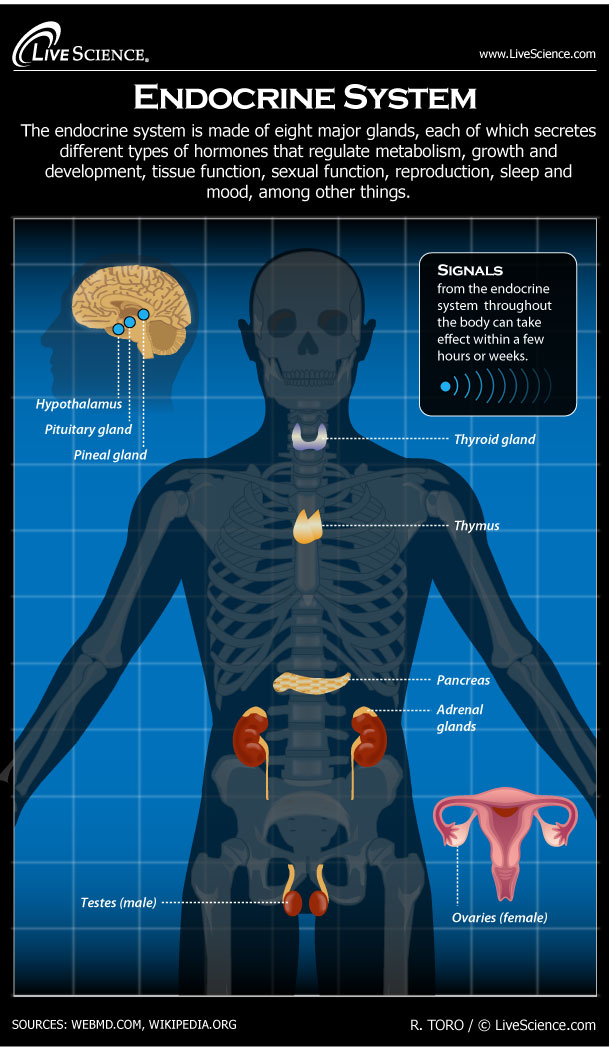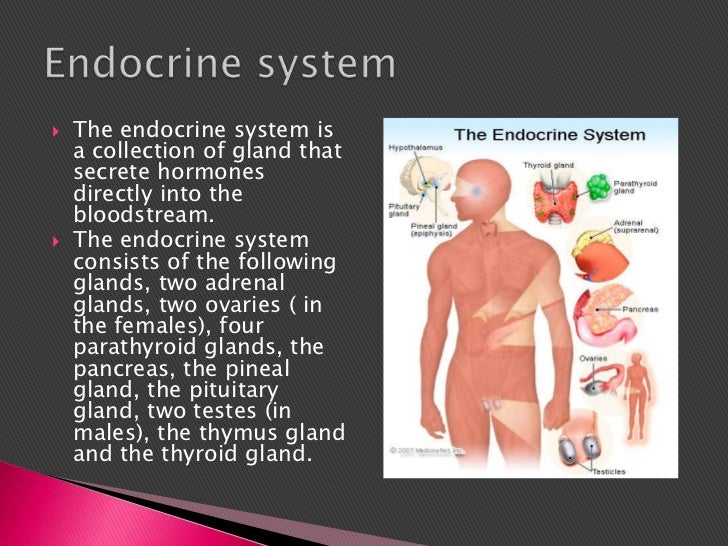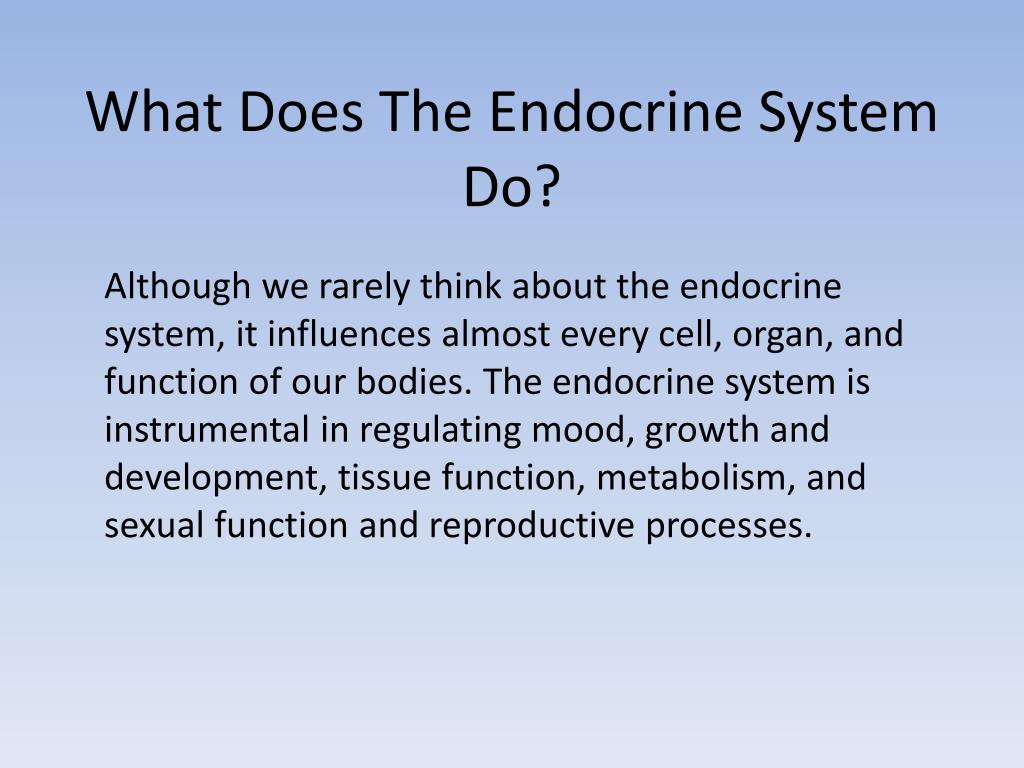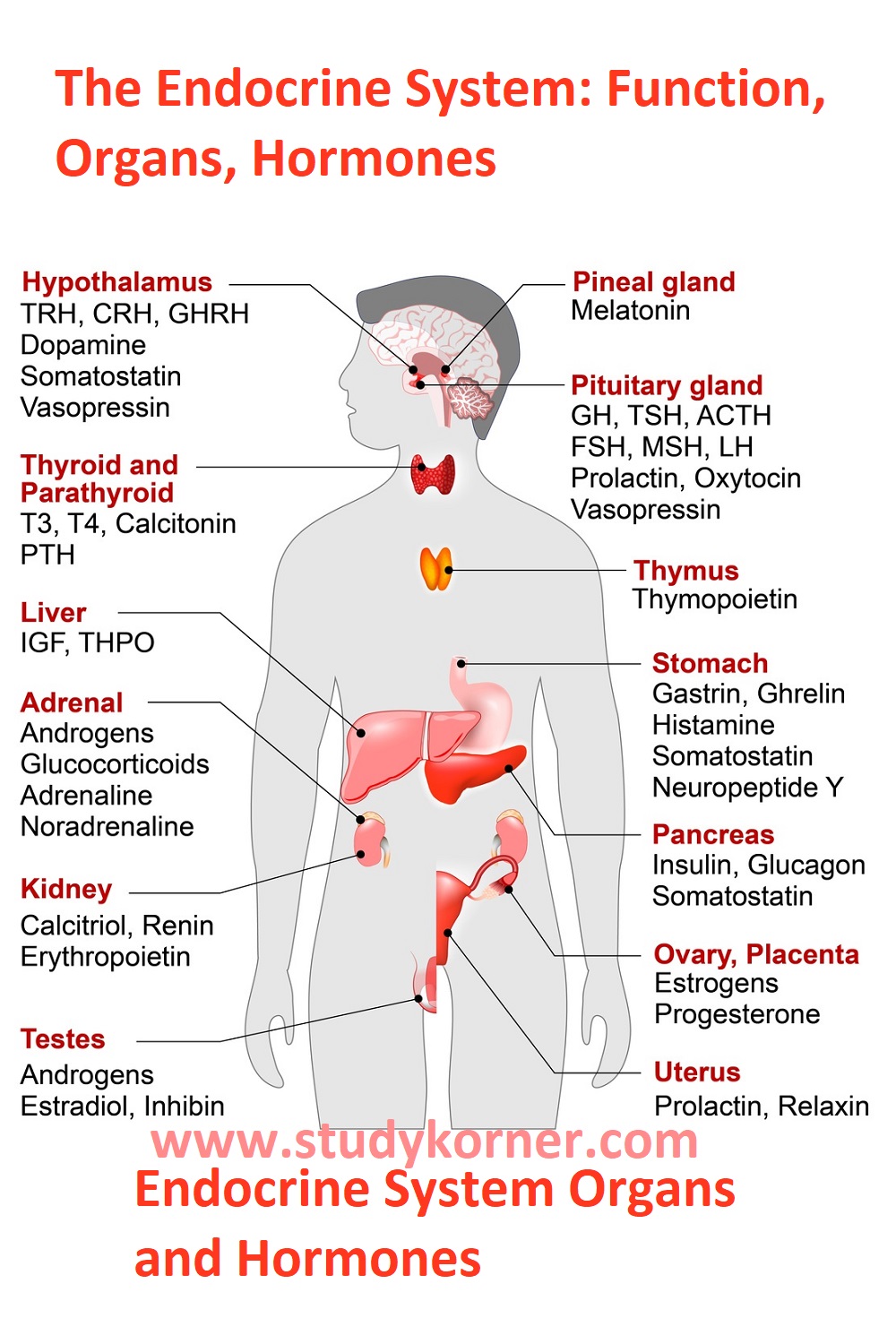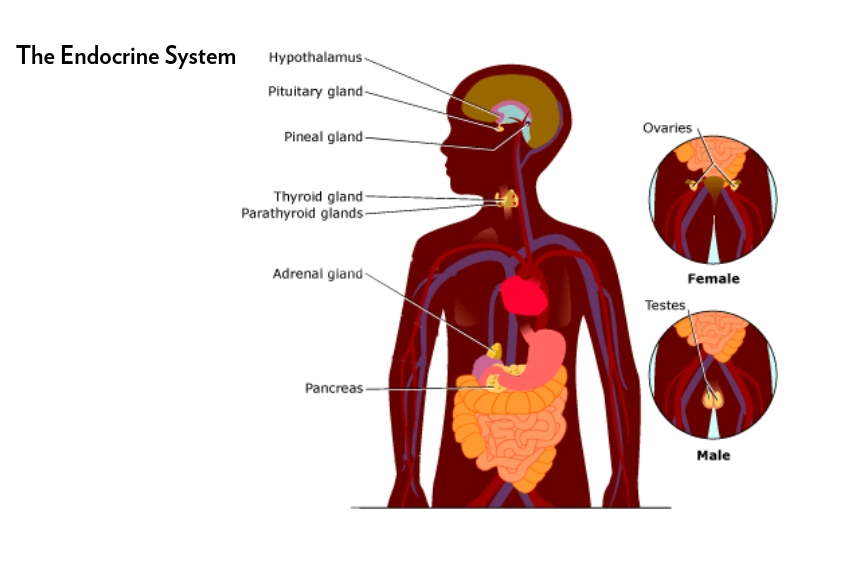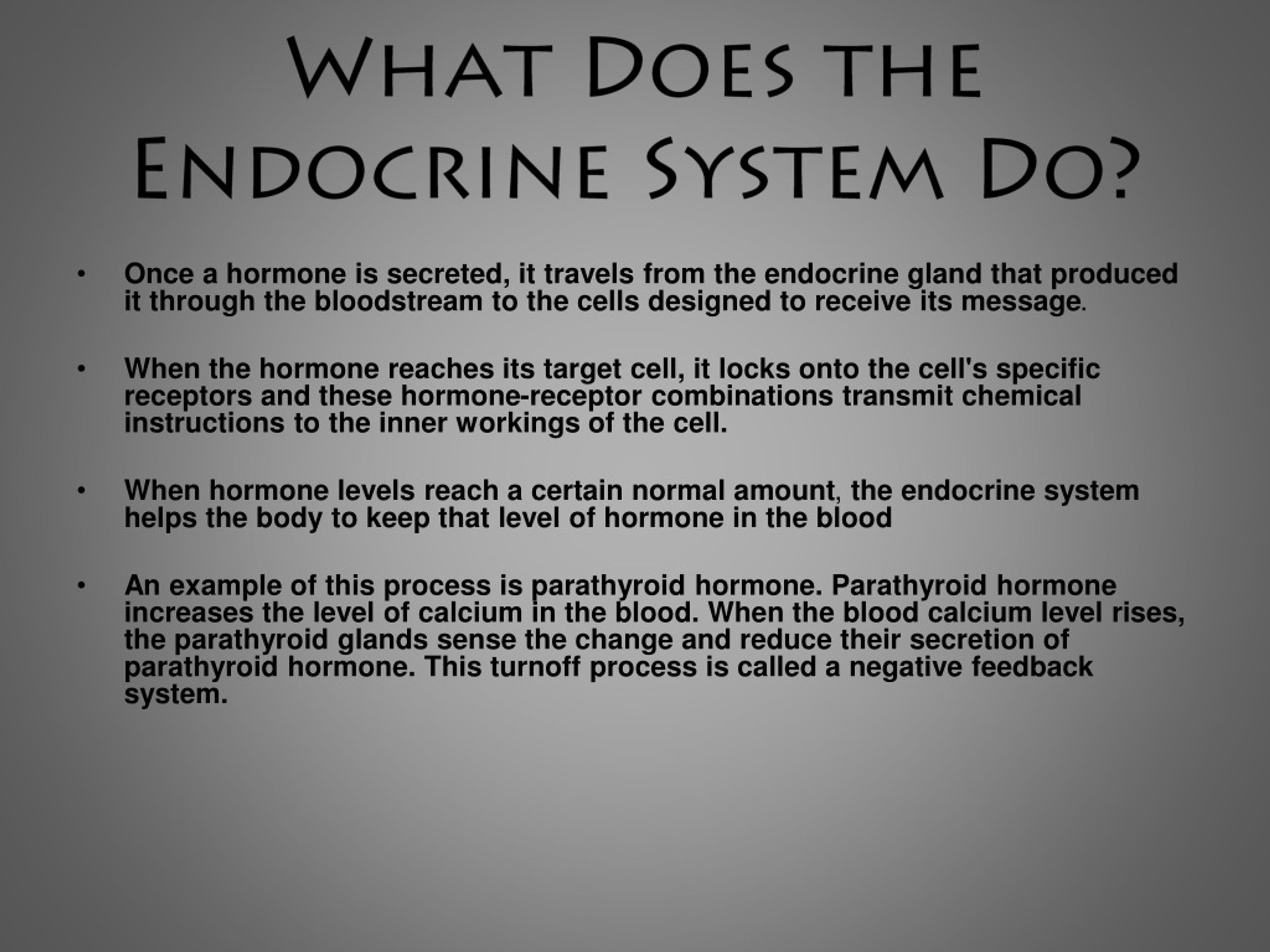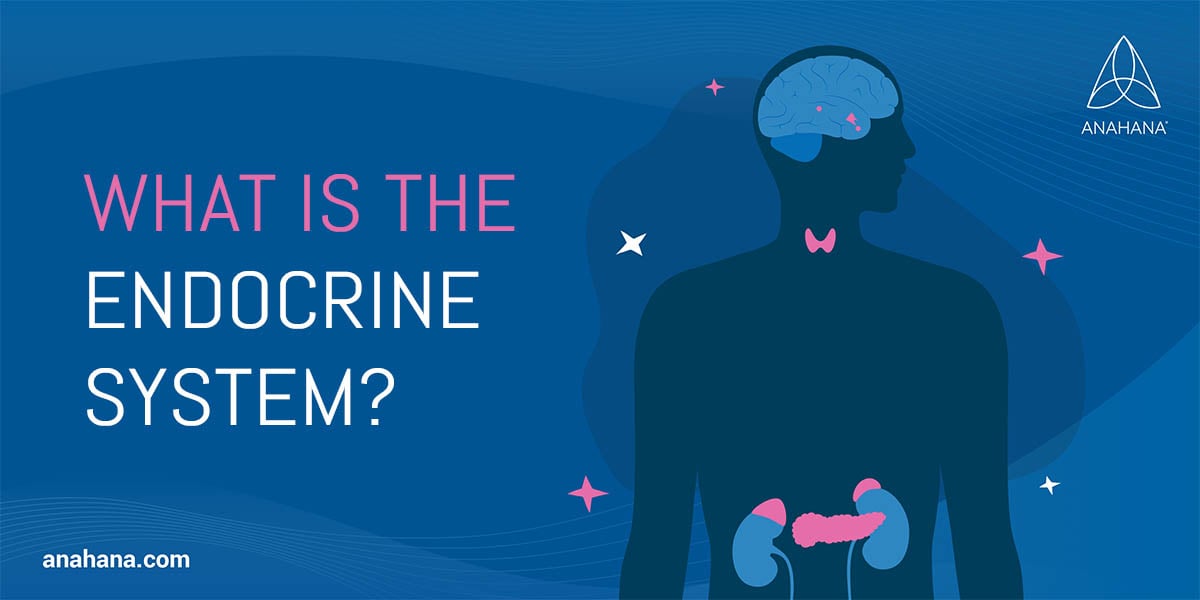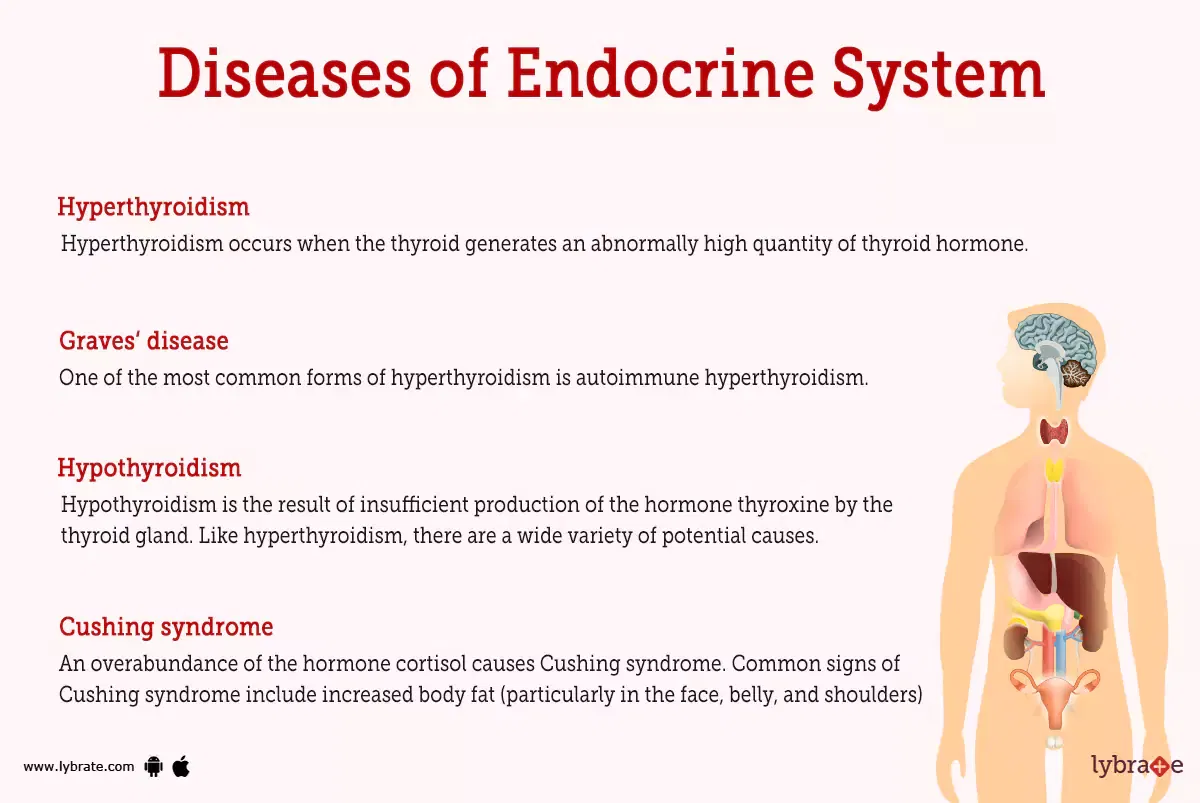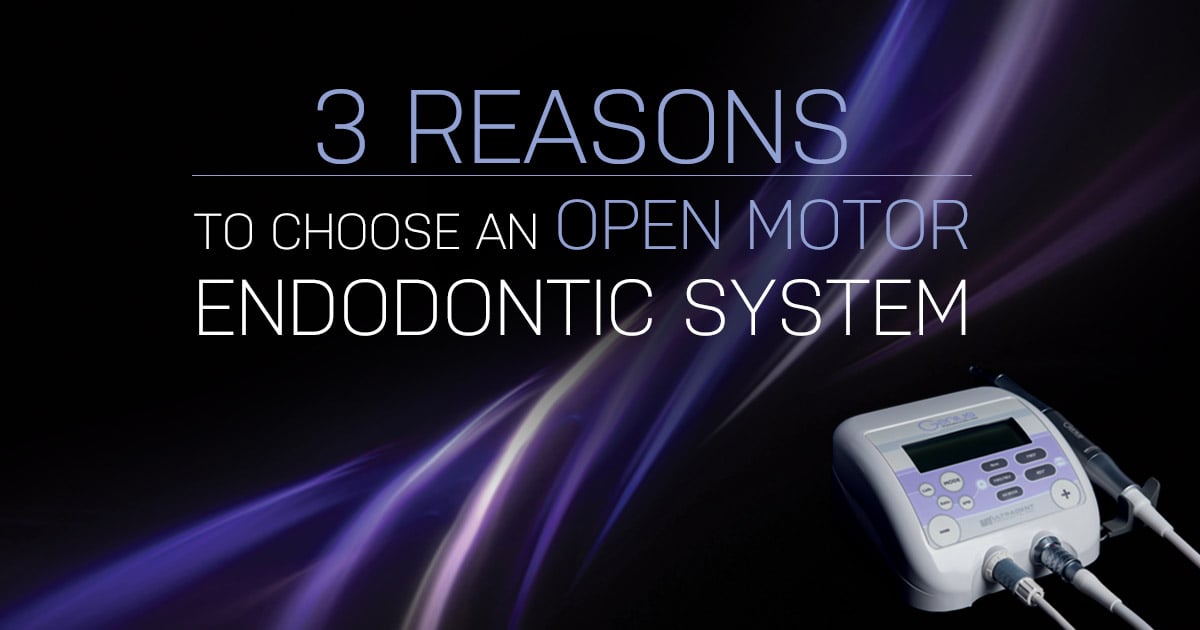What Is An Endo System Did

A growing online phenomenon known as endogenic systems, or "endo systems," claiming shared consciousness within one body, has sparked intense debate and scrutiny within the mental health community.
The core of this controversy lies in whether these systems represent a legitimate expression of plurality or a potentially harmful adoption of terminology linked to Dissociative Identity Disorder (DID) without proper understanding or diagnosis.
What is an Endo System?
An endo system, short for "endogenic system," is a group of individuals claiming to share a single physical body, but who believe their system originated without trauma.
This contrasts sharply with DID, which the International Society for the Study of Trauma and Dissociation (ISSTD) identifies as a complex mental disorder arising from severe, repeated childhood trauma. Endo systems often attribute their formation to factors like soulbonding, imagination, or simply existing.
Key Differences: Trauma vs. Choice
The central point of contention revolves around the presence, or lack thereof, of trauma. DID is fundamentally rooted in trauma. Endogenic systems explicitly deny this connection, asserting their plurality is non-traumagenic.
Many within the DID community and mental health professionals express concern that the term "system" is being appropriated without understanding its clinical significance. This appropriation, they argue, can dilute the experiences of those genuinely suffering from DID and other dissociative disorders.
The Rise of Online Endo Communities
Online platforms like Tumblr, TikTok, and Discord have become hubs for endo systems. These platforms provide spaces for individuals to connect, share their experiences, and develop their system identities.
This digital visibility has simultaneously fostered a sense of community and drawn criticism. Critics argue that the lack of professional oversight within these online spaces can lead to misinformation and potentially harmful practices.
Concerns include self-diagnosis, the romanticization of DID-related terminology, and the potential for vulnerable individuals to be drawn into a belief system that may not be appropriate for them.
Concerns from the Mental Health Community
Licensed therapists and researchers specializing in dissociative disorders have voiced serious concerns. They worry that adopting DID terminology without proper clinical understanding can be damaging.
"Using the term 'system' without the context of trauma risks trivializing the profound suffering experienced by individuals with DID," explains Dr. Sarah Jones, a leading expert in dissociative disorders. "It's crucial to differentiate between genuine mental health conditions and online identity exploration."
The ISSTD has not issued a formal statement specifically addressing endo systems. However, their resources emphasize the crucial role of trauma in the development of DID and the importance of seeking professional diagnosis and treatment.
Ethical Considerations and Potential Harms
The debate surrounding endo systems raises several ethical considerations. Is it harmful to identify as a "system" if you haven't experienced trauma? Does this appropriation dilute the experiences of those with DID?
The potential harms include the spread of misinformation about mental illness, the discouragement of individuals with genuine symptoms from seeking professional help, and the trivialization of the severe trauma associated with DID.
Furthermore, individuals within endo systems may face social stigma and misunderstanding if their beliefs are not accepted or understood by their families, friends, or communities.
Moving Forward: Dialogue and Understanding
Navigating this complex issue requires open dialogue and a commitment to understanding the perspectives of all involved. Mental health professionals must address the growing trend of self-diagnosis and online identity exploration.
Individuals identifying as endo systems should be encouraged to engage in critical self-reflection and to seek professional guidance if they are experiencing distress or confusion about their identity.
Ultimately, fostering a culture of empathy and respect is crucial to ensuring that individuals with DID receive the support and understanding they need, while also allowing for respectful exploration of identity and community within online spaces.
Ongoing Developments
The debate surrounding endo systems continues to evolve. Researchers are beginning to study the phenomenon more closely, seeking to understand the motivations and experiences of individuals who identify in this way.
Mental health organizations are working to develop resources that address the concerns surrounding self-diagnosis and the appropriation of DID terminology.
The ongoing discussion highlights the importance of responsible online engagement and the need for increased mental health literacy within online communities.
